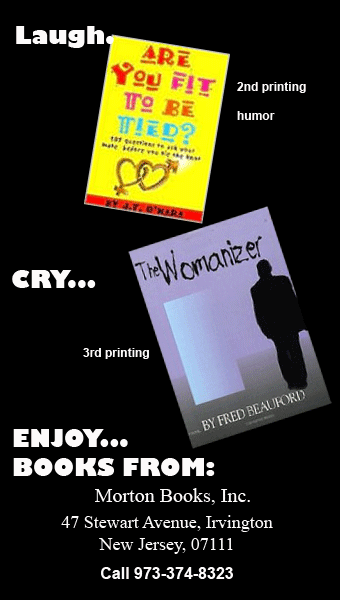REVIEWING
The Uncoupling
by Meg Wolitzer
Riverhead Books | Penguin Group USA, Inc. | 2011 | 271 pages
Reviewed by Jill Noel Shreve
“People like to warn you,” writes Meg Wolitzer in her newest novel, The Uncoupling, “that by the time you reach the middle of your life, passion will begin to feel like a meal eaten long ago, which you remember with great tenderness.” With this opening line, Wolitzer triggers the first domino in a complex arrangement. As readers watch each piece fall into place, they will witness the delight of a spellbinding story.
Wolitzer sets The Uncoupling in the fictitious town of Stellar Plains, New Jersey, and the narrative follows a snippet of Robby and Dory Lang’s lives. These two midlife English teachers at Eleanor Roosevelt High School are in love with each other and loved by all the high school students. Wolitzer evocatively sculpts these two main characters into people the reader will want to meet. Tangential to these main characters, we meet other folks in the high school: the school counselor, the school psychologist, the principal, a math teacher. With these introductions made, readers get a clear sense of the community, and that’s when Wolitzer unfurls a quirky conceit.
Fran Heller—the newly-hired high school drama teacher—shows up and chooses Lysistrata for the school play that winter. (This Greek comedic play, written by Aristophanes in 411 B.C., tells the tale of a woman, Lysistrata, who tries to single-handedly end the Peloponnesian War by cajoling her female friends into withholding sex from their husbands and lovers.) When Fran announces the play of choice and student auditions commence, a “spell” sweeps over Stellar Plains causing women to lose desire for making love to their men. The metanarrative opens a door for Wolitzer to communicate to readers the implications of post-modern women losing desire for their men. And those implications engage readers, making them turn pages to find out what happens next. The conceit isn’t a strict 1:1, but it works, and the parallels cause readers to think far outside the plot on the page.
While the suburban community of this novel inch toward opening night and “the spell” takes all the Stellar Plains women and teenage girls captive, the reader will catch lots of subtextual statements. Statements about the current war, the fear of midlife stasis, the plight of raising teens, the debate on monogamous versus casual sex, and the lack of face-to-face connection thanks to social networking to name a few.
But the most potent statement the reader will encounter comes in a line from Wolitzer’s female protagonist: “There was no way to know, thought Dory. You bumped stupidly ahead through life, and you couldn’t know if starring in a play, or sleeping with someone, or marrying someone, or picking a particular college, or even taking a walk down a street, was going to lead to happiness or sorrow. How could you know?” The characters do, for the majority of the novel, seem to “bump stupidly ahead” not knowing quite where they’re going, making choices without regard for consequence. But “the spell” jars the characters out of their suburbia routine, causing a shift in their thinking, which collides into their choice-making and ultimately their actions. These collisions open a point of entry into the narrative for all readers.
Readers will end up stepping back and saying, “Hmm—yeah, me too.”
Long after readers finish this novel and leave it to shield their bookshelves from dust, those readers will still be asking themselves existential questions like, “What am I doing with my life? What am I doing in my relationships? Am I just stumbling along? Do my choices matter?” And it’s for this reason that I recommend this novel. We all need to ask ourselves these questions—and not just during quarter-life or mid-life crises. Wolitzer’s novel digs deep into the hearts of readers, subliminally unearthing their deepest, inherent passions as people, causing folks to rethink their current patterns and routines. So grab a copy from your local bookstore, and see if The Uncoupling spell awakens something dormant in you.




